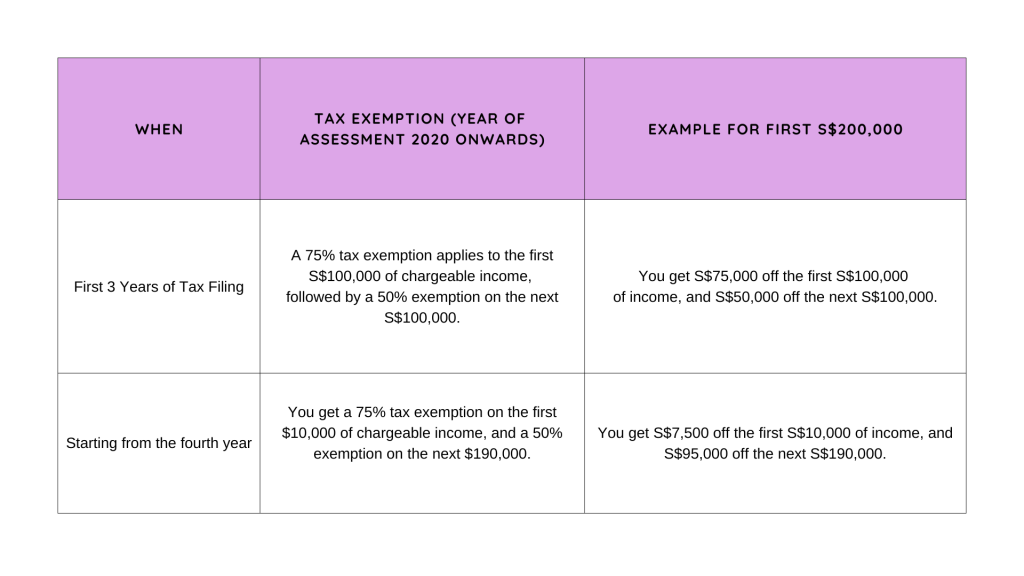GST Accounting Services in Singapore

Efficient processes are essential for the growth and success of commerce businesses. One important step is registering for the Goods and Services Tax (GST), a key part of Singapore’s business environment. GST registration services provide valuable support, helping businesses stay competitive and grow.
This blog explores the benefits of GST registration services and how they help businesses succeed. We’ll also cover GST registration in Singapore and why it’s important for businesses. Read on to learn more about GST Accounting Services in Singapore and how they can benefit your business!
Understanding GST Registration in Singapore
GST registration is an important requirement for businesses in Singapore, especially for those supplying goods and services. Companies must register for GST once their annual taxable turnover exceeds or is expected to exceed SGD 1 million. GST-registered businesses must charge GST on their sales and pay GST on purchases from other GST-registered companies.
One big advantage of GST registration is claiming the Input Tax Credit (ITC). This means businesses can offset the GST paid on their purchases against the GST collected from their sales, reducing the overall tax burden. Additionally, being a GST-registered company enhances credibility by showing compliance with tax laws, which can attract more customers and business partners. It also opens doors to government contracts and tenders, which often require GST registration.
Staying compliant with GST rules and making timely payments is crucial to avoid penalties.
Overall, GST registration impacts a company’s taxes, finances, reputation, and competitiveness. Using professional GST Accounting Services in Singapore can help businesses manage their GST obligations efficiently and ensure compliance with ease.
GST Registration Check: Objectives of GST Registration Services
The goal of GST registration services is to help businesses in Singapore register for Goods and Services Tax (GST) and stay compliant with GST rules. These services aim to assist businesses in:
- Making GST Registration Easy
GST registration services in Singapore focus on helping businesses register for Goods and Services Tax (GST) quickly and smoothly. With expert guidance, they ensure all required documents are properly submitted to the tax authorities.
- Staying Compliant
These services help businesses understand Singapore’s GST rules and ensure they register at the right time based on their turnover. By following the rules, businesses avoid fines and legal trouble.
- Maximizing Tax Benefits
GST registration services assist businesses in claiming Input Tax Credit (ITC) on eligible expenses. This reduces the total GST they need to pay, helping them save money.
- Simplifying GST Filing
Professionals guide businesses on GST reporting requirements and deadlines. They streamline the GST filing process, ensuring returns are accurate and submitted on time.
- Expert Advice on GST
GST Accounting Services in Singapore provide valuable advice on complex tax rules, exemptions, and updates. Businesses get tailored solutions for their specific needs.
- Preparing for Audits
If a GST audit happens, these services help businesses gather and organize all necessary documents, making the process stress-free and ensuring compliance.
- Reducing Mistakes
By working with GST Accounting Services in Singapore, businesses can avoid errors in their GST filings. This prevents overpayment or underpayment, saving time and money.
- Building GST Awareness
These services educate businesses on the benefits of GST registration and how to manage their tax obligations effectively, ensuring smooth operations.
Advantages and Benefits of GST Registration Services in Singapore
- Complying with Singapore’s Tax Laws
GST registration ensures businesses meet Singapore’s tax regulations, especially under the GST Act, which requires companies with a turnover of over SGD 1 million to register. Non-compliance can result in penalties and legal issues. With professional GST Accounting Services in Singapore, businesses can stay fully compliant and avoid these risks.
- Claiming Input Tax Credits (ITC)
GST registration allows businesses to claim Input Tax Credits, reducing their overall tax burden. ITC lets companies offset the GST paid on purchases against the GST collected from sales, preventing double taxation. Expert GST Accounting Services in Singapore can help businesses track and maximize these tax savings efficiently.
- Boosting Credibility and Trust
Being GST-registered signals professionalism and reliability. Customers trust GST-registered businesses more, and suppliers may offer better deals. This increased credibility strengthens customer relationships and enhances competitiveness in the market.
- Opening Doors to Global Trade
GST registration can simplify international trade. Many countries require businesses to be GST-registered for cross-border transactions. With GST registration in Singapore, companies can enter global markets more easily, reducing administrative challenges and creating growth opportunities.
- Eligibility for Government Tenders
Government tenders often require GST registration. These contracts provide stable income and growth opportunities. Businesses with GST registration are also more likely to qualify for grants and incentives, giving them a competitive advantage.
- Making GST Compliance Easy
GST Accounting Services in Singapore help businesses register and stay compliant. They ensure timely and accurate GST return submissions, avoiding penalties and reducing administrative burdens, so businesses can focus on their operations. - Better Cash Flow Management
GST registration improves cash flow management by letting businesses use GST collected from customers to offset GST paid on expenses. This helps maintain financial stability, allocate resources effectively, and plan for future growth.
By utilizing GST Accounting Services in Singapore, businesses can ensure compliance, streamline operations, and position themselves for growth in local and international markets.
Contact Clooud Counsulting for GST Accounting Services in Singapore
Understanding GST doesn’t have to be difficult! At Clooud Consulting, we make it simple. Our experts provide a free, personalized consultation to help you navigate GST with ease. With our support, you’ll know exactly what steps to take for your business.
Don’t let GST slow you down—start your journey to financial clarity today! We’re here to simplify the process, so you can focus on growing and succeeding in your business.
Ready to streamline your GST? Let Clooud Consulting guide you every step of the way. Learn more about our GST accounting services in Singapore and take control of your business’s financial success!









